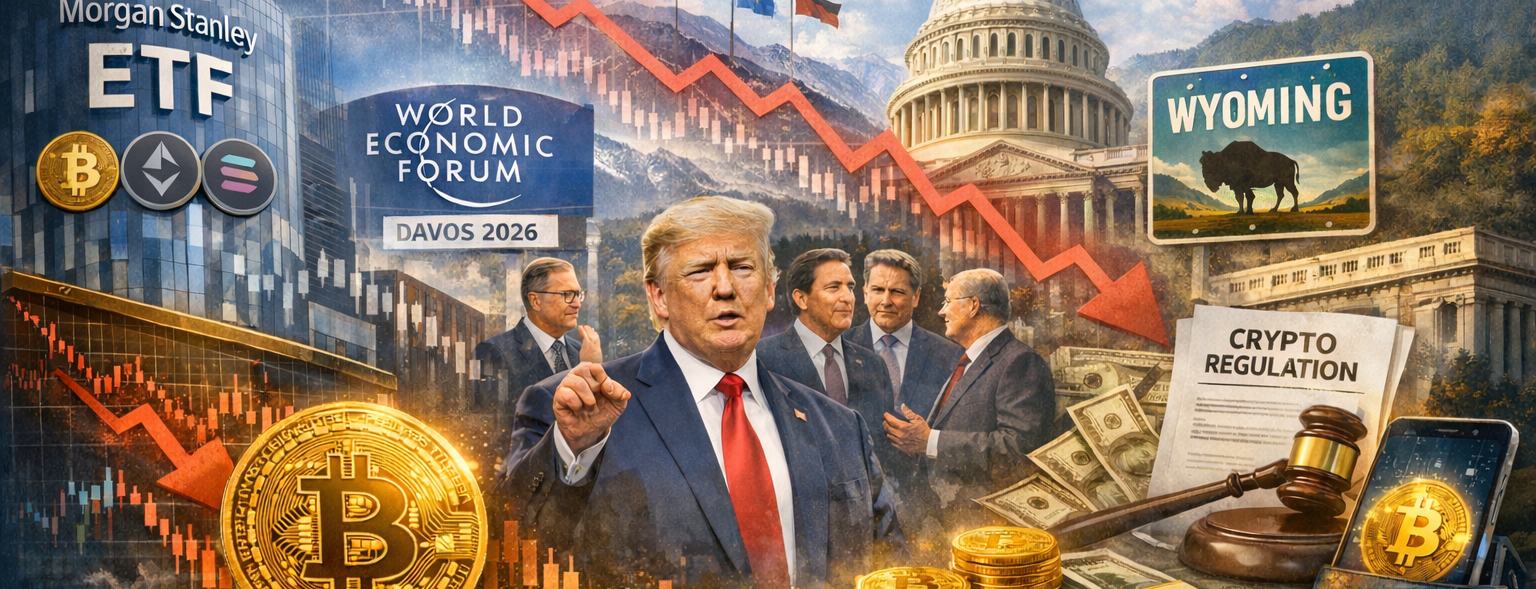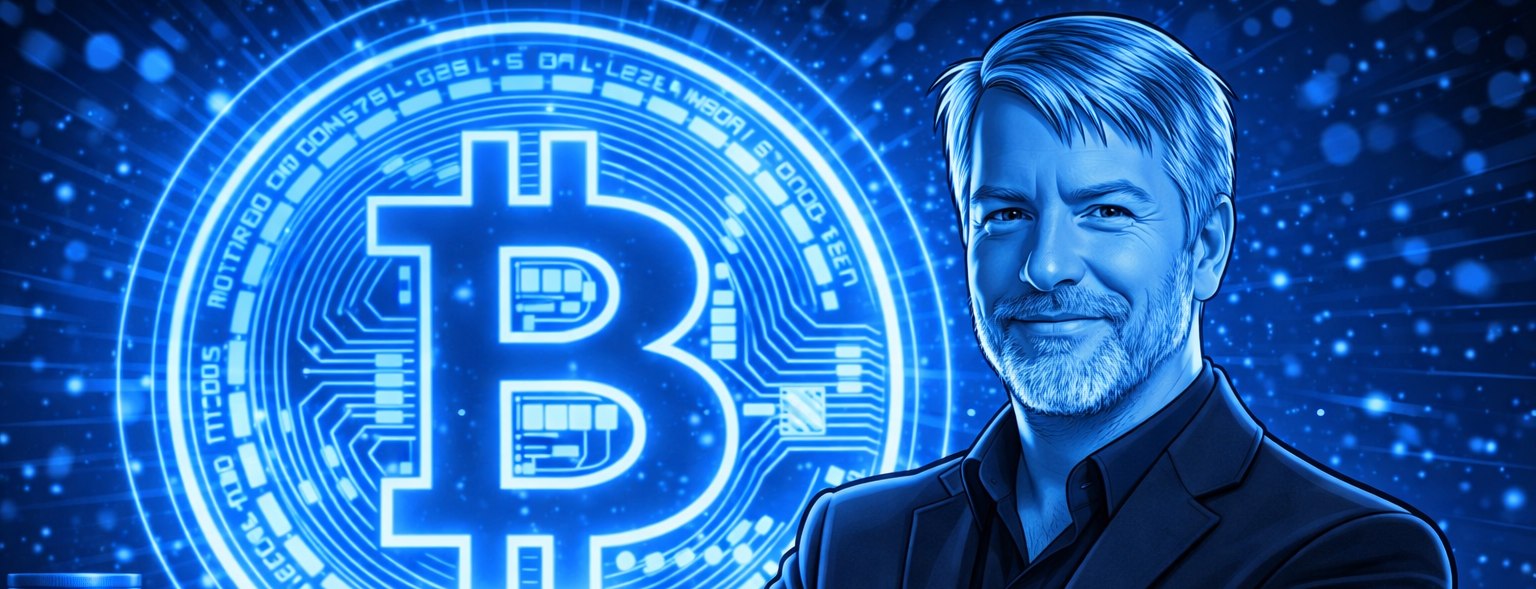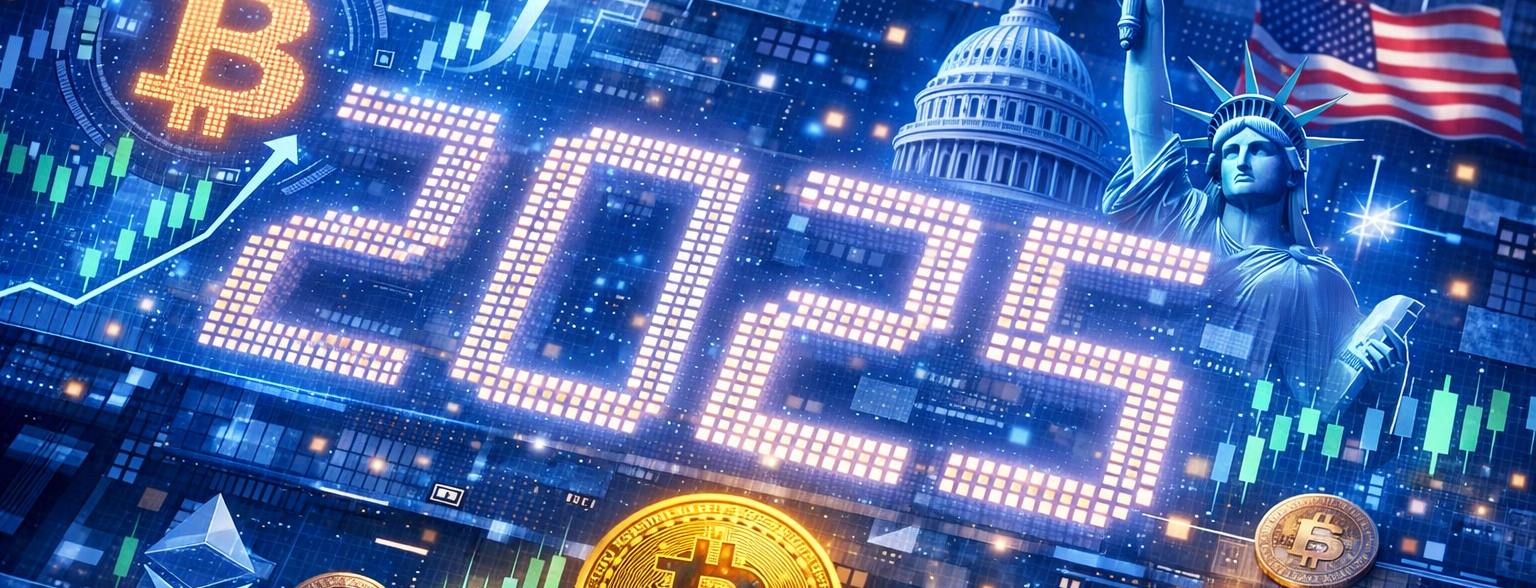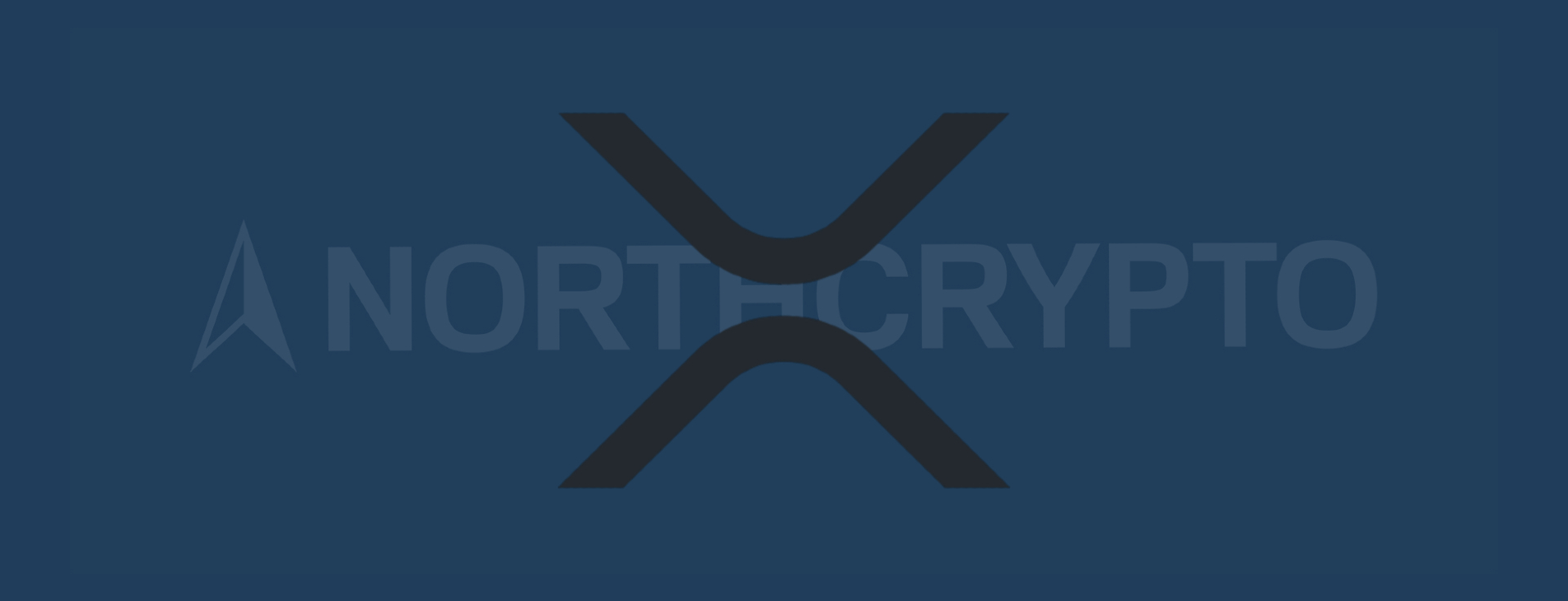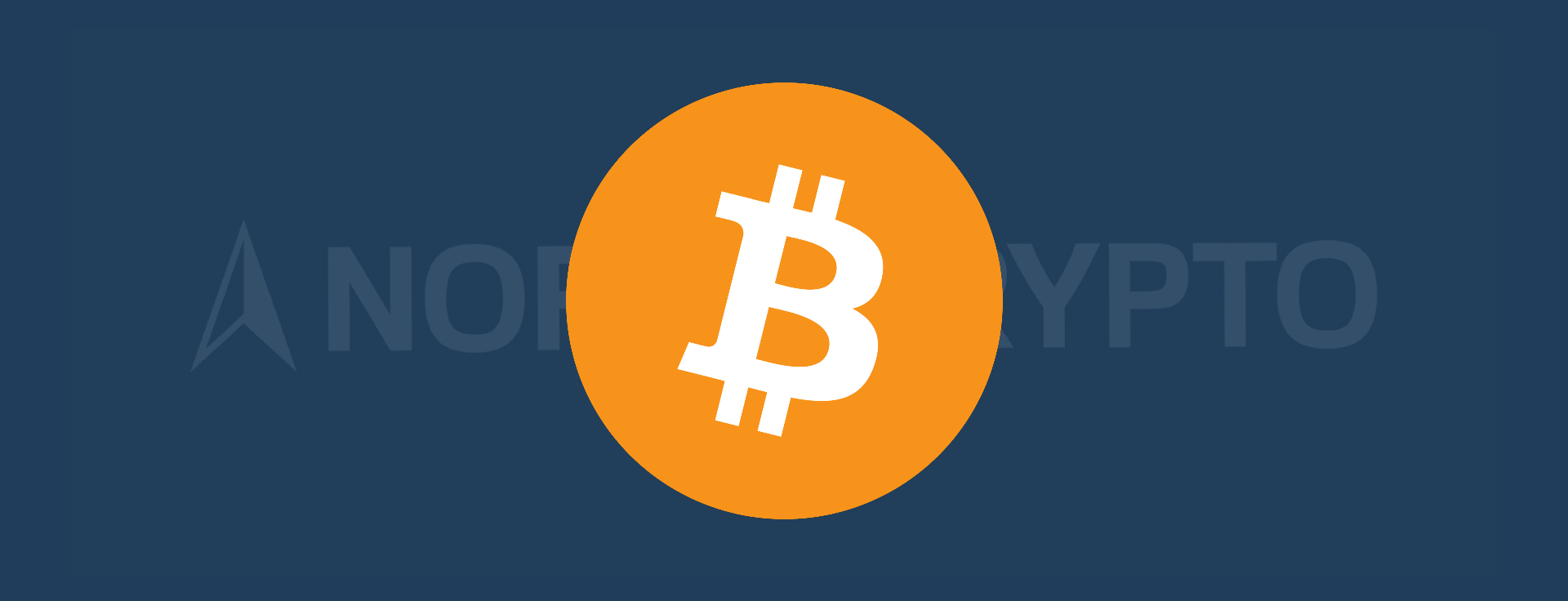
There are currently 1,7 billion people in the world without their own bank account. Often, these people are in the most vulnerable position, with no access to traditional banking services. Most people living without a bank account are from Africa, Asia, and South America. However, the proportion of people living without a bank account is also relatively high in many Western countries. The lack of a bank account prevents several things that many of us take for granted today. Without a bank account, it is not possible to transfer money electronically to others, store assets in digital form, earn interest on deposits, or get a loan. This text aims to explain how the lack of a bank account affects people and how Bitcoin enables banking services for everyone.
A bank account is not something taken for granted
In many of the world's poorest countries, a bank account is found in less than ten percent of the adult population. Lack of a bank account is significantly more common among women than men. For women, the lack of their own money inevitably leads to inequality between men and women, and women are not given responsibility for their families' financial management. The most common reasons for not having a bank account are that people do not earn enough to cover maintaining and using the account. In many developing countries, the lack of a bank account is also why people are unable to run vital small business activities.
The services provided by banks are vital to the growth of well-being in the world's poorest countries. Banks allow people to do business and transfer money from one country to another. Many of the world's poorest countries are also very unstable. Because of that, keeping money at home can be very risky. However, saving is essential for people to be able to improve their standard of living in the future. There is also a lot of instability and corruption in many countries worldwide, which has led to people's confidence in banks being completely nonexistent. Also, many people in developing countries receive their only livelihood from their family members working abroad. The lack of bank accounts means that large international companies like Western Union handle remittances. However, the problem with companies specializing in money transfers is their high cost and slowness.
The lack of a bank account is a real problem also in many Western countries. In Western countries, the lack of a bank account leads to people being left out of society. Lack of a bank account is most common among groups of people who are otherwise at risk of social exclusion. It is impossible to close economic inequality if people do not have access to services that many of us take for granted.
Bitcoin brings a bank account available to everyone
The lack of a bank account leads to an increase in inequality between people. Fortunately, access to banking services is no longer vitally important. Internet coverage is better today than ever before. Smartphones and computers have spread to almost every corner of the world. With the development of technology, bitcoin and other cryptocurrencies have grown in popularity around the world.
Bitcoin is the oldest and most popular decentralized virtual currency in the world. Bitcoin uses blockchain technology where all the money transfers and bitcoin addresses are open to the public and readable from the public ledger. Bitcoin offers people the ability to send and store value digitally without a bank account. Bitcoin has brought people around the world the opportunity to manage their wealth in digital form. For the people from the world's poorest countries, this creates an unprecedented opportunity. People who didn't previously have access to banking services can now send value to each other in digital form, manage their wealth, and start-up businesses. Also, bitcoins are in the blockchain, so they are safe from potential outside threats.
In many countries, people's confidence in the whole economic system is fragile. In several poorer countries, states have managed to ruin the value of their own currency due to failed monetary policy. This has led to a decline in purchasing power, and high inflation has eaten away, even the slightest savings from people. The maximum amount of bitcoin is limited. Central banks cannot influence the number of bitcoins. The maximum number of bitcoins is 21 million, and it is not possible to create anymore.
Recently, many different Ethereum-based decentralized finance (DeFi) applications have been released in the cryptocurrency world. These applications enable people to access loans and deposit services. DeFi-applications and bitcoin also bring traditional financial services to people who have previously been outside traditional banking services. Today, therefore, the lack of a bank account is not an obstacle to receiving interest income or starting a small business.
Bitcoins can be shipped anywhere in the world quickly and at a low cost. The only requirement for this is a working bitcoin address. Anyone can choose to create their bitcoin address free of charge, so the high account maintenance fees that prevent a bank account from opening, especially in developing countries, do not apply to bitcoin. Bitcoin allows all people, regardless of gender or socio-economic background, to act as a bank themselves. Bitcoin enables banking services for everyone and prevents economic inequality between people.
Mikko Soon
Cryptocurrency specialist
Last updated: 11.03.2022 09:49
